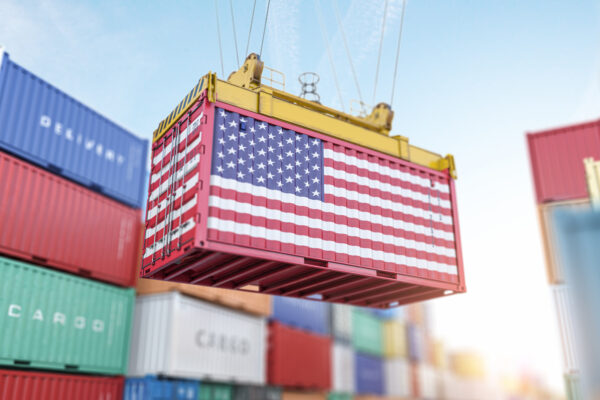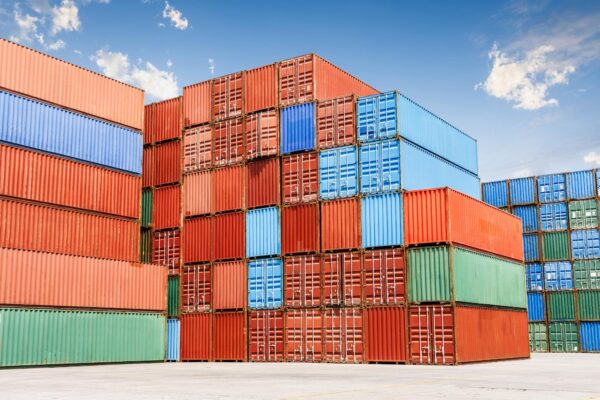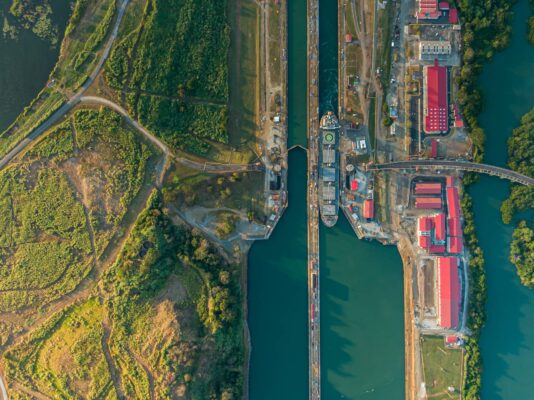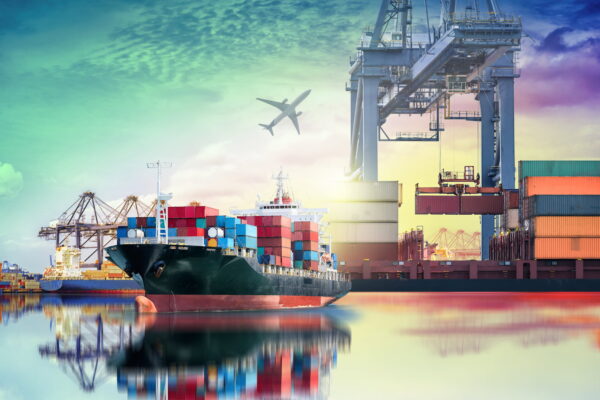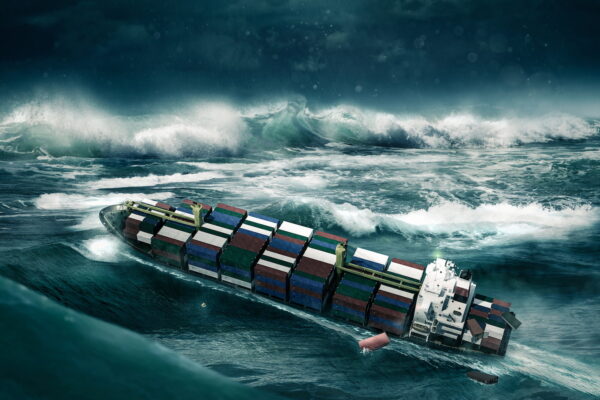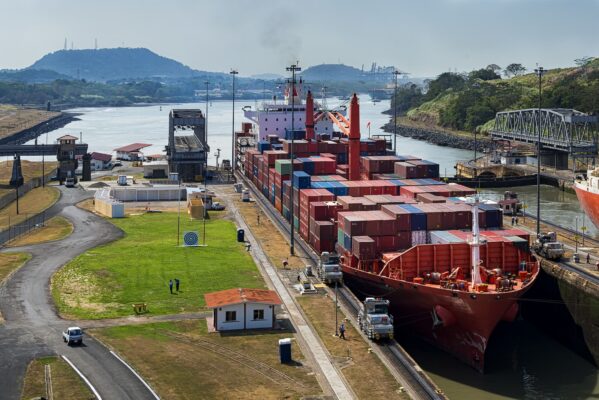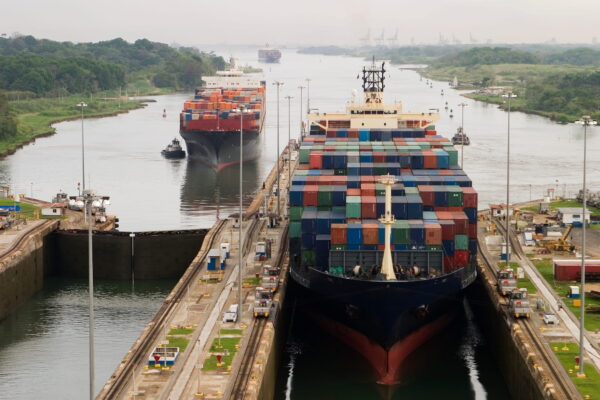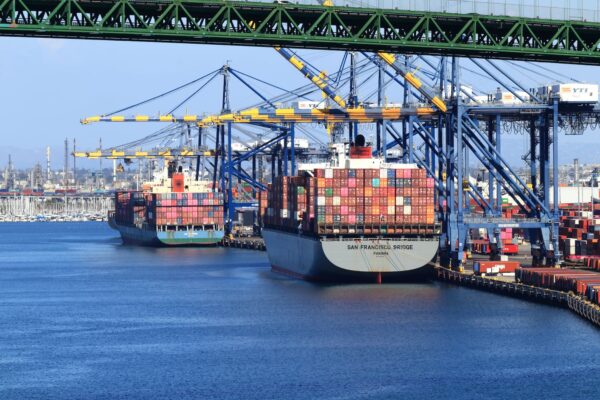Understanding the shipping process is crucial to the shipment’s success when moving perishables by the ocean.
Ensuring A Successful Importation
Many things may go wrong during importing which can result in monetary loss or loss of the cargo. This article will explain what can go wrong when importing and give tips to ensure a successful shipment when starting.
La logística de las flores que llegan a los Estados Unidos para San Valentín
Los productos florales pueden ser más difíciles de llevar a los Estados Unidos que otras importaciones. Además de los requisitos de Aduanas y Protección Fronteriza (CBP), los importadores deben seguir las regulaciones del Departamento de Agricultura de los Estados Unidos (USDA). El USDA verifica que las importaciones agrícolas como las flores estén libres de plagas y enfermedades, entre otros. Antes de comenzar, hay que asegurarse de que el envío cumpla con los requisitos de entrada. Si bien los importadores suelen enviar rosas rojas durante el Día de San Valentín, cada tipo de flor puede tener sus propios requisitos, que determina el USDA. Por ejemplo, los arreglos de flores, los ramos y las plantas en maceta tienen diferentes requisitos, y no entenderlos puede afectar negativamente su importación.
How To Avoid Demurrage
Demurrage is a fee that port officials place on cargo that overstays its time at a terminal.
Panama Canal Transits Lowering
With the Panama Canal being one of the most important trade routes in international shipping, limitations have a considerable impact.
Shipping By Air Or Ocean
While both methods can be equally valuable to a supply chain, specific shipments benefit from one.
Shipping During The Hurricane Season
While uncontrollable situations can happen when shipping during the hurricane season, there are ways a shipper can prepare.
Congestion in the Panama Canal
The importance of the Panama Canal is shown by the extensive number of supply chains that rely on it. With the number of ships stuck in the traffic jam, the main impact is shipping delays.
The Panama Canal Facing Restrictions
he Panama Canal is a crucial global trade route and a significant passageway for supply chains requiring international shipping. It is an ideal shortcut in maritime container transportation and generates over $2 billion yearly for Panama’s economy. With some of the most prominent carrier companies transporting through the canal, restrictions may significantly impact supply chains.
West Coast Ports Disruptions Persist
The disruptions continued in the Port of Seattle with the shutdown of the entire seaport on June 10th. On June 9th, the second and third shifts experienced massive slowdowns as ILWU officials led operations to a pause. The Port Authority responded by sending the workers home; insufficient workers led to closure the next day. This port is one of the biggest movers of grain and produce in the U.S. Shipments from U.S. exporters are currently idle at the docks, with the ILWU declining to dispatch terminal workers. The ILWU made a contradictory statement: that the Port of Seattle and other ports are operating.


